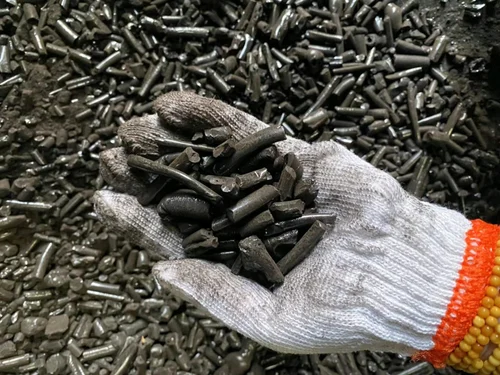Coal Tar Pitch Manufacturers
Are you Searching for Coal Tar Manufacturers in Australia? Your search ends here! Businessetu lists a number of leading Coal Tar Manufacturers from India and connects you with India's leading manufacturers and exporters known for their exceptional quality and competitive prices. India is one of the world's largest producers of Coal Tar, offering a diverse range of high-quality Coal Tar Pitch grades customized to meet various industrial needs.
With a robust infrastructure and advanced manufacturing capabilities, Indian Coal Tar manufacturers ensure consistent supply and exceptional product quality for global markets, including Australia. India's improved trade policy and close relationship with Australia make exporting a breeze. Whether you need a custom or standard-size Coal Tar Pitch, our marketplace offers comprehensive options for Coal Tar Pitch traders. Discover the benefits of sourcing from India and get in touch with reliable manufacturers today to get high-quality Coal Tar Pitch at unbeatable prices.

Product Specification of Coal Tar Pitch Manufacturers
| Specification | Details |
|---|---|
| Product Name | Coal Tar Pitch |
| Manufacturing Standards | IS 216, ASTM D450 |
| Softening Point (Ring & Ball) | 90°C to 150°C (varies by grade) |
| Quinoline Insolubles | 6% to 20% |
| Toluene Insolubles | 25% to 50% |
| Coking Value | 45% to 60% |
| Ash Content | Maximum 0.3% |
| Moisture Content | Maximum 0.2% |
| Specific Gravity | 1.25 to 1.35 (at 25°C) |
| Free Carbon | 15% to 30% |
| Solubility in Toluene | 75% to 85% |
| Fixed Carbon | 50% to 60% |
| Flash Point | Minimum 200°C |
| Distillation Range | 300°C to 360°C |
| Packaging | Bulk, Drums, Bags |
| Compliance | Meets international standards, ISO certified |
| Availability | Custom formulations available upon request |
| Transportation | Safe, secure, and compliant with international regulations |